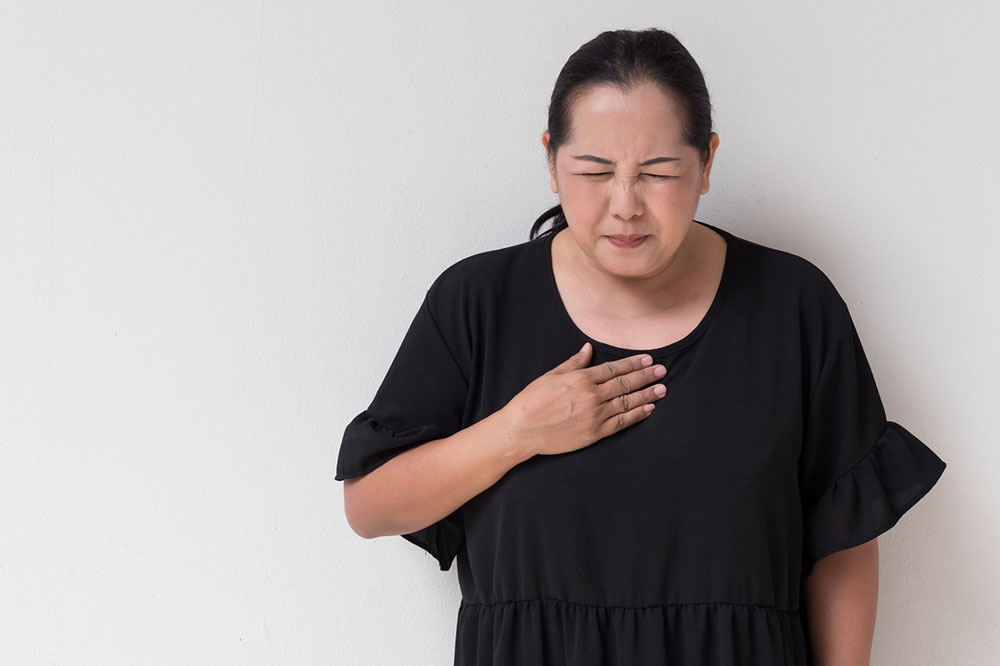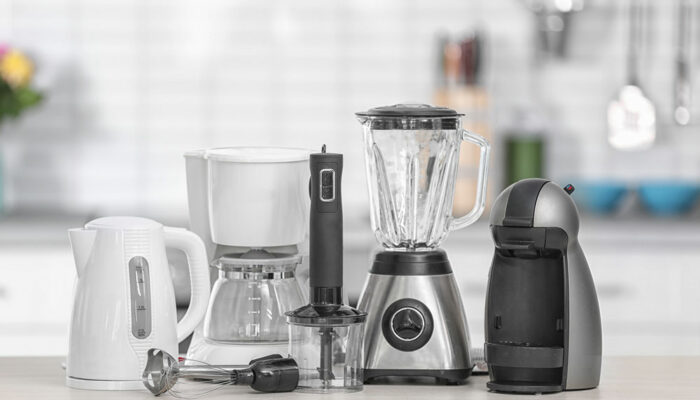
Effective Tips to Combat GERD Symptoms
Overeating during the holiday season can lead to heartburn, the most common symptom of gastroesophageal reflux disease (GERD). Indulging in fatty food and alcohol can trigger acid reflux. While OTC medications can provide temporary relief, persistent symptoms similar to indigestion could mean something more serious. Unfortunately, there is no cure for this disease, but you can follow these lifestyle tips for managing GERD symptoms.
- Lose weight
Being overweight expands the muscular structure that aids the lower esophageal sphincter, reducing the pressure required to keep the sphincter closed. It causes acid reflux and heartburn. The severity and risk of GERD can be higher for people who are overweight. So, consider losing a few pounds to relieve the symptoms. - Wear comfortable clothing
Tight clothes can put pressure on your stomach that causes acid to travel towards your esophagus. Therefore, if you are prone to acid reflux, then consider wearing loose clothes that do not constrict your stomach area. - Eliminate trigger foods
Certain foods, such as tomato sauce, garlic, onion, caffeine, etc., can aggravate your reflux symptoms. If you eat these foods regularly, then you can consider eliminating them to observe how your body is responding to it. Then gradually add them back one by one to identify the trigger food and drink. - Eat smaller meals
When you eat small meals, you put less pressure on your stomach. At the same time, chewing your food properly and eating slowly aids indigestion. By doing this, you are less likely to irritate your esophagus. - Don’t go to bed immediately after eating
Your bedtime and sleeping time should be at least three hours apart. It will help reduce the chances of acid reflux. - Sleep on an incline
When you sleep, try to elevate your head. It will help reduce the food lining to come in contact with acidic contents. As a result, you will be able to sleep well at night. Ideally, your head should be at least 6-8 inches higher than your feet. - Quit smoking
If you are a smoker, now is a good time to quit. Nicotine is responsible for weakening the lower esophageal sphincter that allows the acid to escape and cause reflux. - Stay hydrated
When thirsty, stick to water rather than drinking soda. Carbonated drinks can cause the stomach to expand and increase the pressure that can aggravate GERD symptoms.
Paying attention to your symptoms is one of the most crucial lifestyle tips for managing GERD. Write down everything you feel when you are experiencing heartburn. Does it happen mostly during the day or at night? Does it happen soon after you have smoked a cigarette? Does heartburn occur after your meals? Keeping track of these things will help you discuss them clearly and openly with your doctor when you visit them next time. You can also follow the above mentioned lifestyle tips for managing GERD symptoms.



